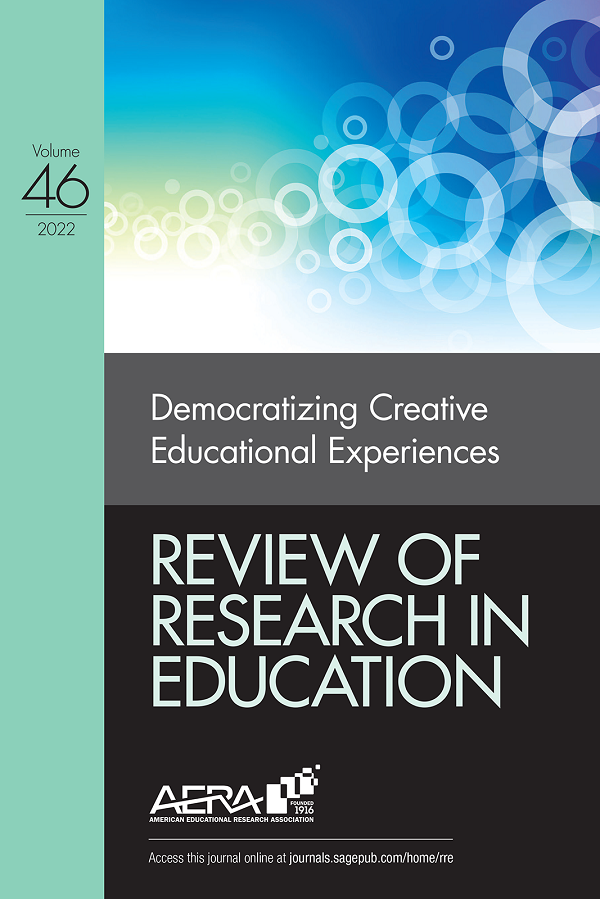教师的课堂实践对干预的反应如何?随机田野调查的Meta分析
IF 2.4
1区 教育学
Q1 EDUCATION & EDUCATIONAL RESEARCH
引用次数: 18
摘要
虽然教师的有效性一直是联邦教育政策的一个特别关注点,各地区为教师的专业发展分配了大量资源,但这些努力是基于一个未经探索的假设,即课堂实践可以通过干预来改善。然而,即使假设课堂实践是有反应的,也几乎没有信息可以告知利益相关者对课堂实践通过干预可能发生多大变化的期望,或者课堂实践的特定方面是否更适合改进。此外,越来越多以改进课堂实践为重点的严格的研究评估项目为探索与课堂实践变化相关的因素提供了新的机会,如干预、研究样本或情境特征。这项研究通过对针对课堂实践的干预措施的随机实验进行荟萃分析来检验反应性问题。我们的实证研究结果表明,通过课堂实践指导的干预,课堂实践的多个维度平均有意义地改善,但也发现效果存在显著的异质性。讨论了对实践和研究的启示。本文章由计算机程序翻译,如有差异,请以英文原文为准。
How Responsive Is a Teacher’s Classroom Practice to Intervention? A Meta-Analysis of Randomized Field Studies
While teacher effectiveness has been a particular focus of federal education policy, and districts allocate significant resources toward professional development for teachers, these efforts are guided by an unexplored assumption that classroom practice can be improved through intervention. Yet even assuming classroom practice is responsive, little information is available to inform stakeholder expectations about how much classroom practice may change through intervention, or whether particular aspects of classroom practice are more amenable to improvement. Moreover, a growing body of rigorous research evaluating programs with a focus on improving classroom practice provides a new opportunity to explore factors associated with changes in classroom practice, such as intervention, study sample, or contextual features. This study examines the question of responsiveness by conducting a meta-analysis of randomized experiments of interventions directed at classroom practice. Our empirical findings indicate that multiple dimensions of classroom practice improve meaningfully through classroom practice-directed intervention, on average, but also find substantial heterogeneity in the effects. Implications for practice and research are discussed.
求助全文
通过发布文献求助,成功后即可免费获取论文全文。
去求助
来源期刊

Review of Research in Education
EDUCATION & EDUCATIONAL RESEARCH-
CiteScore
15.70
自引率
0.00%
发文量
14
期刊介绍:
Review of Research in Education (RRE), published annually since 1973 (approximately 416 pp./volume year), provides an overview and descriptive analysis of selected topics of relevant research literature through critical and synthesizing essays. Articles are usually solicited for specific RRE issues. There may also be calls for papers. RRE promotes discussion and controversy about research problems in addition to pulling together and summarizing the work in a field.
 求助内容:
求助内容: 应助结果提醒方式:
应助结果提醒方式:


